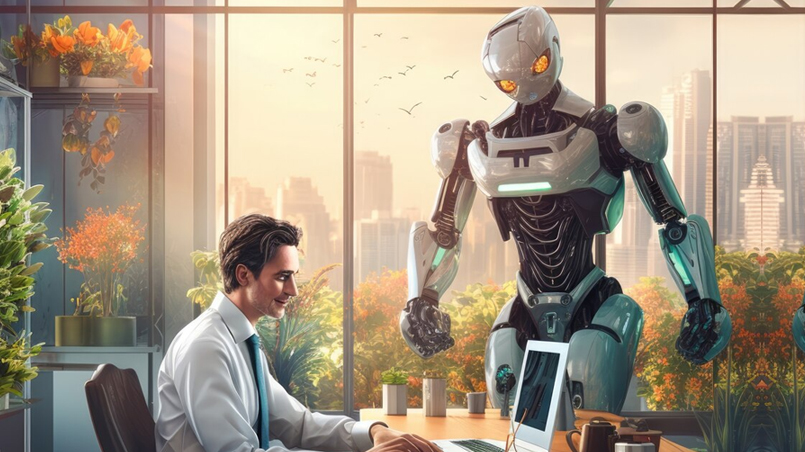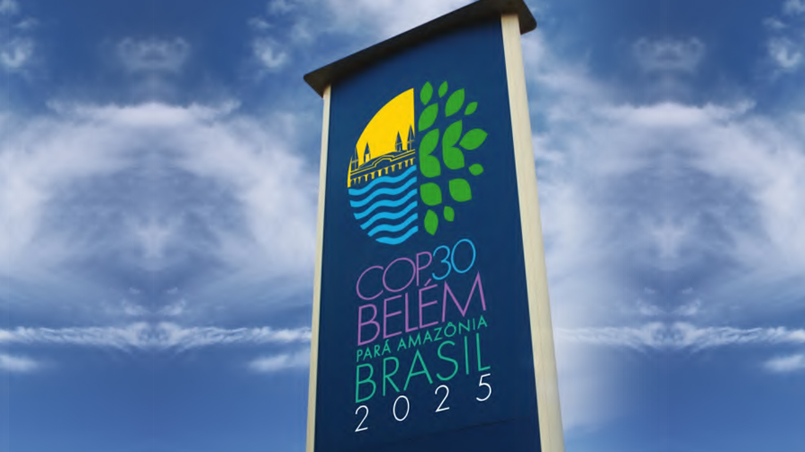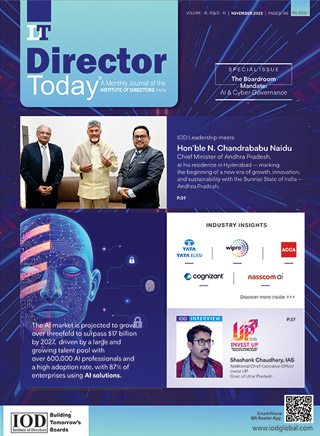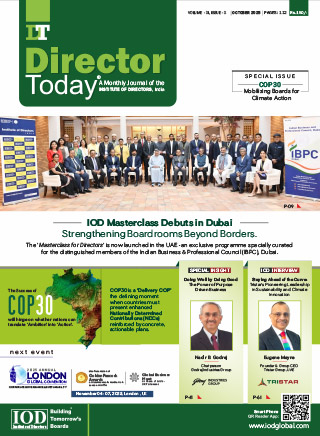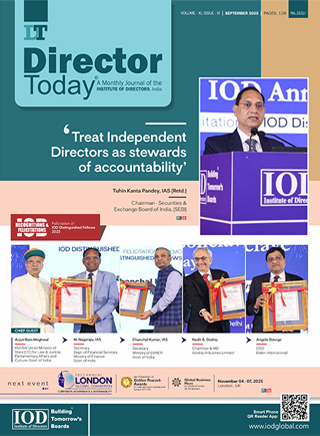The Technology Exchange Lab: Finding Solutions to Global Challenges

What global problem would you like to solve? The Technology Exchange Lab offers low-cost solutions to the following challenges:
1. Water & Sanitation 2. Agriculture & Tools 3. Energy & Cooling
4. Health & Medical Care 5. Education & Connectivity 6. Housing & Transportation
I recently had the chance to talk with the founder of the Lab, Karen von Bismarck about her work.
The Technology Exchange Lab is a source of powerful technologies for addressing global challenges, featuring over 650 solutions. Founded in 2009, TEL is a non-profit located in Cambridge, Massachusetts in the USA. Dedicated to bringing communities out of poverty by fostering the exchange of technology, TEL engages with a global network of innovators, social entrepreneurs, NGOs and small and medium-sized enterprises. The Lab focuses on low-cost solutions for those at the bottom of the pyramid.
The Lab contains two important parts: a database of low-cost and innovative technologies and a Project Accelerator. The Lab advises organizations and communities on how to introduce new technologies – without telling people what to do. According to von Bismarck: “Everything we do is in partnership; we partner with local groups. We are advisors, helping people to analyze problems by gathering information from the local community. We can also provide access to small amounts of seed funding and consulting.”
Origins of the Technology Exchange Lab
In the early 2000s, Karen began volunteering in Haiti in a rural hospital which was not far from the capital but more than six hours away by car. The community was isolated and poor. Karen worked there three years in a row in many capacities, attending physicians during surgery and counting out pills. This extraordinary experience was not her first overseas experience, as she had spent part of her childhood in Japan and was accustomed to living abroad.
In Haiti, Karen says that for the first time “I became aware of the danger people faced. Strangely, it was very calming. I began to understand that what will happen will happen. I learned how resourceful human beings are – that if you give people a few tools, people can build, repair, and leverage what they have.” She realized the life-saving power of technology when they built a solar-powered air-conditioned room for surgeons. The heat was dangerous, as doctors sweating over patients in surgery was harmful. When she returned to the US, Karen researched technologies and saw that it was often hard to access low-cost solutions for communities in need. “I researched low-cost technologies and decided to create an independent and curated database and library where people can access information quickly. She worked with a French team to build the database and found a funder at an event sponsored by the Sloan School of Business at the Massachusetts Institute of Technology, where she had earned her Masters in International Finance.
The Lab works with last mile communities. Oftentimes, life-changing technology exists but it is hard to get it to the communities that need it most. These are not always rural. According to von Bismarck: “Sometimes, the last mile is somewhere in the middle of a vast city.”
Impact
“One of the problems we saw is that girls miss school due to lack of access to menstrual pads. This leads girls to fall behind academically. Six years ago, we launched Her Health, Her Future, which supports young women of menstruating age in Uganda and teaches them to make re-usable sanitary pads.” TEL’s partners teach boys and girls about anatomy and physiology.
But unless you have safe latrines – it is hard for girls to use the pads. Therefore, TEL included modern latrines and clean water technology into the program.
In many parts of the global South, it is a given that women and girls miss school and work due to a lack of access to menstrual pads. The Her Health, Her Future project is very scalable and an example of ways in which technology can lead to shifting baselines. By granting access to women and girls about how to make reusable menstrual pads, the baseline shifts for what it means to be female.
Advice for Adopting New Technology
According to Karin, preparation is key. “Before you select and introduce new technology, it is essential to talk to every part of the community, not just heads of schools, the mayor or religious organization. It is essential to talk to the teenagers and grandmothers, and then bring all of it together so that the partners have a deeper picture.”
One of the problems with many aid projects is that they make an intervention, such as digging wells, and within two years, the equipment is rusted and old and no one can fix it. TEL trains local people so they can repair technology. In this way, TEL builds the social carrying capacity of organizations. “This carrying capacity can be expanded by doing spade work.”
Engaging with the Technology Exchange Lab
The Lab is eager to learn about new technologies and forge partnerships with new organizations.
The database is a treasure trove for social entrepreneurs and company leaders looking to promote the UN Global Goals.
To learn more about the Technology Exchange Lab, go to https://www.techxlab.org/
Author

Deborah Leipziger
She is Consultant on Social Innovation, Sustainability, and Human Rights, Lecturer, Senior Fellow, Institute for Social Innovation, Babson College, USA, Founder, The Lexicon of Change
Owned by: Institute of Directors, India
Disclaimer: The opinions expressed in the articles/ stories are the personal opinions of the author. IOD/ Editor is not responsible for the accuracy, completeness, suitability, or validity of any information in those articles. The information, facts or opinions expressed in the articles/ speeches do not reflect the views of IOD/ Editor and IOD/ Editor does not assume any responsibility or liability for the same.

 Quick Links
Quick Links
 Connect us
Connect us




 Back to Home
Back to Home


